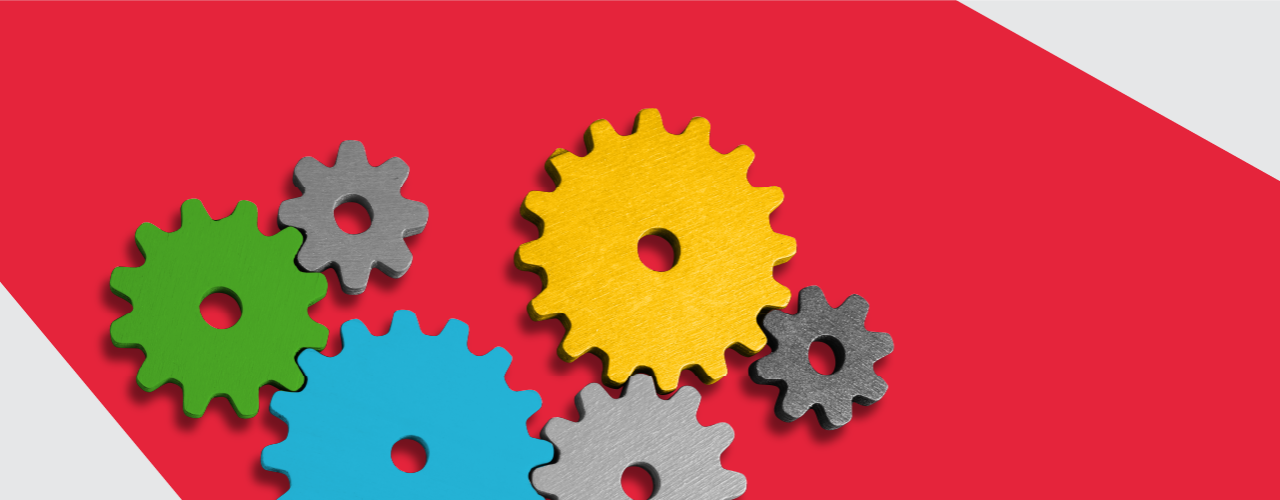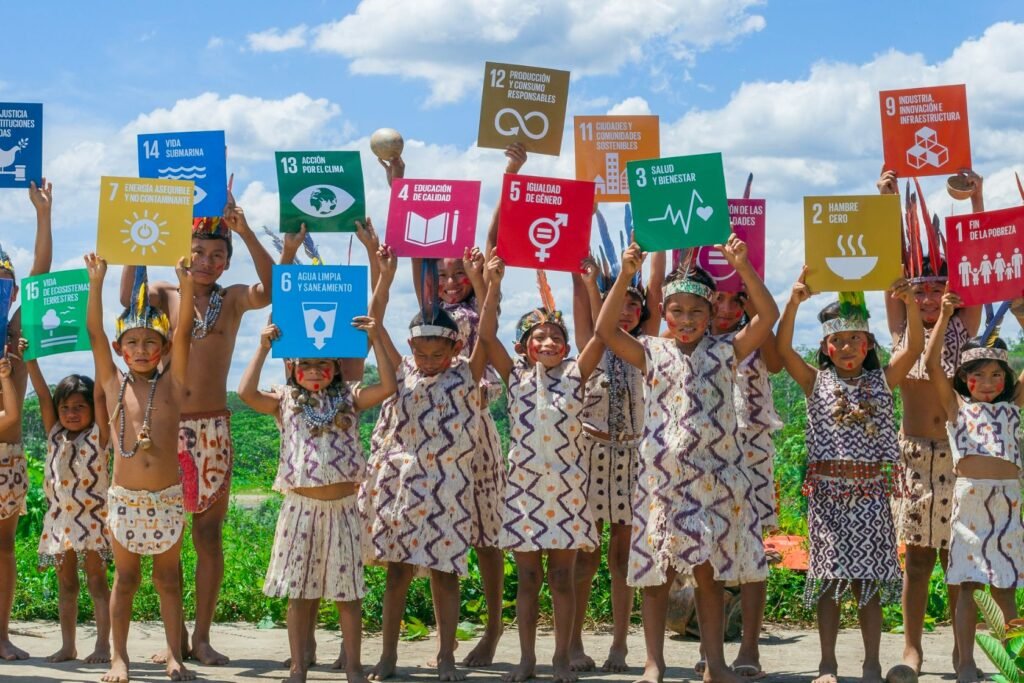Actions for a world working together
Our common future depends on working together to reach the Sustainable Development Goals. Each of us can heal divisions and embrace peace and understanding. We can call on our families and communities to do the same. Learn, volunteer, practice respect, make new friends. Be the change you want to see!



